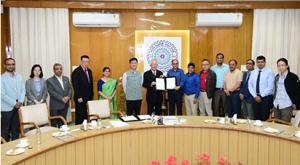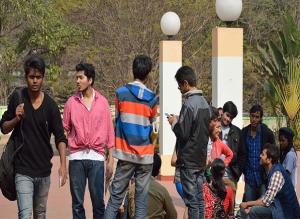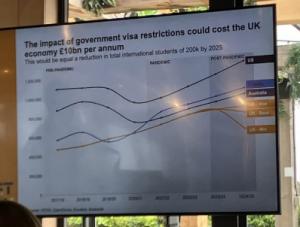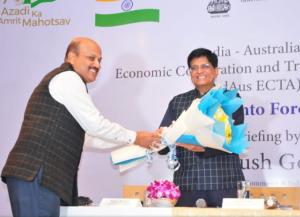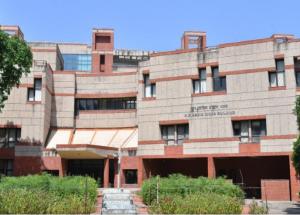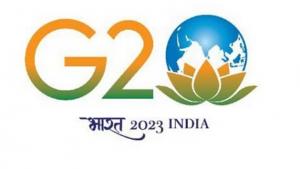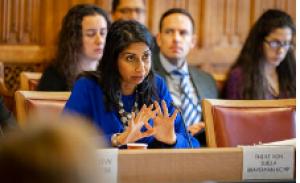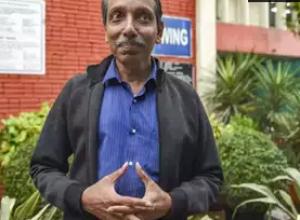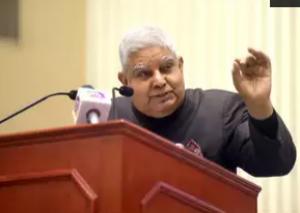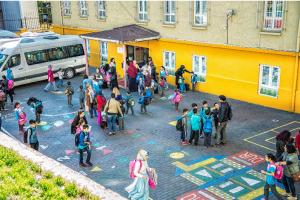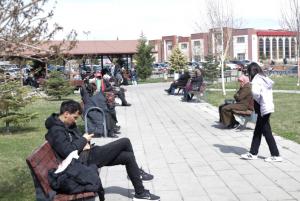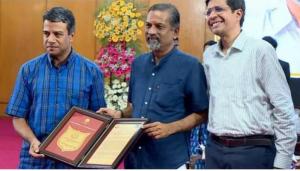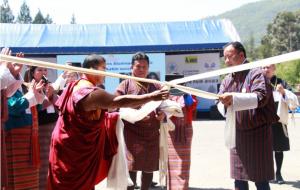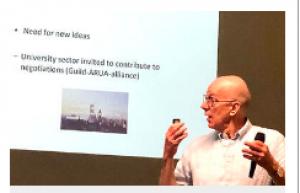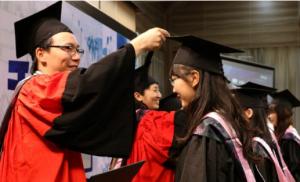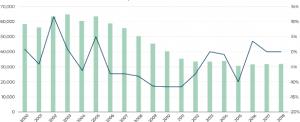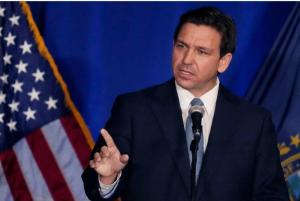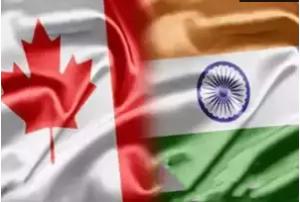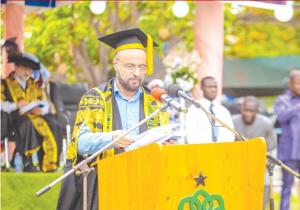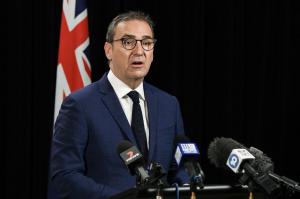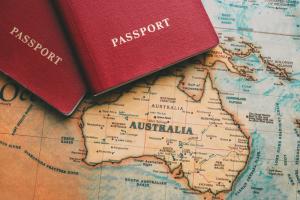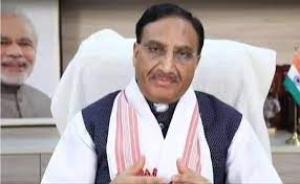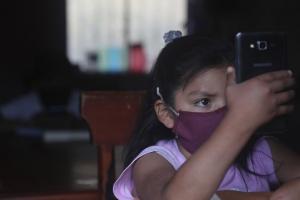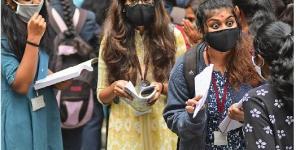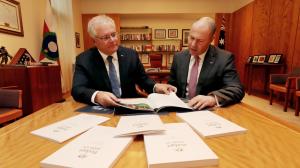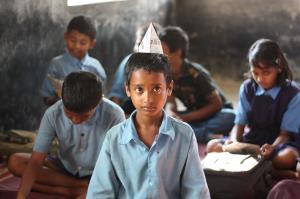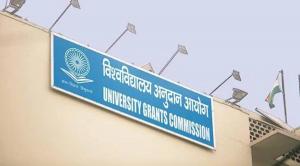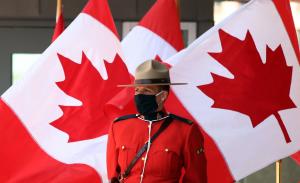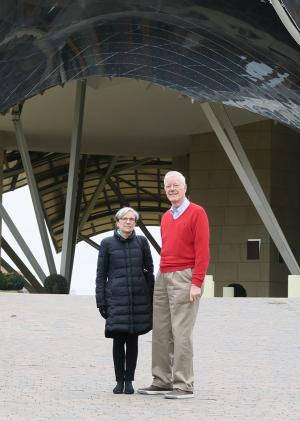As record numbers of Nepali students seek to leave the country for higher studies, the Nepal government has announced it has stopped issuing ‘no objection certificates’ (NOC) in respect of diploma, advanced diploma and language courses, reserving the certificates only for bachelor and higher degree programmes.
The NOC is required by any student seeking to study abroad and it permits the sending of tuition fees and other monies to foreign countries. According to officials, the new ban, which came into effect at the beginning of April, is based on Nepal’s existing law which says students can travel abroad for higher studies only, which does not include vocational and language studies.
The number of Nepali students going abroad for higher education, including for diploma and language courses, has been increasing dramatically. As many as 114,000 students acquired NOC permits to study abroad in the fiscal year 2021-22. The number has already reached 82,000 in the nine months of the current fiscal year 2022-23, which runs from July 2022 to July 2023. The total student population in Nepal is around 440,000.
Previously, around 75% of NOCs were issued for Australia and Japan. Those opting for vocational and advanced diplomas mostly head for Australia, while those going to Japan tend to enrol in language courses because studying the Japanese language for six months or a year is required before students can enrol in university programmes in Japan.
The ban by the Nepal government comes at a time when Japan has set new ambitious targets to attract foreign students, and as Nepali students are attracted by the relative affordability of Australian vocational training, the fees for which are much lower than Australian university degree programme fees.
In 2019, the Nepal government also made moves to stop the issuing of NOCs for diploma, advanced diploma and language courses. It said at the time it had taken action because of reports emerging in some countries of students in vocational programmes being exploited by employers in Asia, or falling prey to scams by unscrupulous colleges. However, Kathmandu backtracked following pressure from education consultancies and students.
Capital flight
However, rising numbers of students opting for foreign degrees have also led to a surge in capital flight. Nepali students sent NPR67.7 billion (US$515 million) to foreign academic institutions in 72 countries in the previous fiscal year. As of mid-April this year, NPR54.7 billion (US$416 million) has already been sent overseas.
“The diploma and advanced diploma level are non-university courses. It would be against the existing law to allow students to go abroad for courses that are equivalent to [high school] grades 11 and 12,” said Ram Krishna Subedi, secretary at the Ministry of Education in Kathmandu.
Subedi said students were using permission for language study as a way to leave the country. “The NOC for language courses will be issued only if it is embedded with the bachelors [degree] programme,” he said.
An amendment to the Education Act in 2016 incorporated grades 11 and 12 into school education. Therefore, only university courses are considered higher education, according to officials. Nonetheless, the NOC has been issued for years in respect of lesser qualifications, even after the amendment to the act.
Basu Dev Osti, chief at the NOC department under the Education Ministry, said his office used to issue around 700 permits a day. This has come down to 500 a day with the new rules in place.
He claimed the new rules were necessary because the NOC was being used as a tool to leave the country. “Most of those opting for the diploma and language courses are the ones who were rejected for admission for bachelors [degree] programmes. Those who have completed grade 12 are going for courses which are equivalent to higher schooling. It is clear they want to leave the country at any cost. Study isn’t their first priority,” he said.
However, education consultants said the government has acted against students’ right to study courses of their choice and said it could add to the unemployment of young people. They argue that universities in Nepal, which are facing falling enrolment and face the risk of having to stop programmes that are not viable, had also put pressure on the government.
“The government cannot dictate to students what to study. There are students who cannot afford college and university but want foreign degrees and [international] exposure,” Santosh Pyakurel, chairperson of the National Educational Consultancies Association, told University World News. “The government cannot stop them. It must revoke its decision.”
Education consultants argue that several reputable institutions across the world offer diploma and higher diploma courses which are sought after by thousands of students. The consultants, acting as recruitment agents for overseas universities and colleges, connect the institutions with students, for which they get a commission.
Lobbying for the decision to be withdrawn
Consultants have already started lobbying the government to withdraw the decision. Various education consultancy associations have met Prime Minister Pushpa Kamal Dahal and Education Minister Ashok Rai, demanding the decision be revoked.
“I have heard the concerns from the consultancies. I am currently studying if the issues they have raised are genuine,” said Rai.
The Independent Tertiary Education Council Australia (ITECA) said in a statement on 19 April it had held an urgent meeting with Nepal embassy officials in Canberra, and with consular officials in other Australian cities.
“In a crushing move for Australia’s international education sector, the Nepalese government has stopped issuing no objection certificates for students planning to study skills training or language courses abroad,” said Troy Williams, ITECA chief executive.
“ITECA is committed to working through the issues with both the Nepalese and Australian governments with the aim of ensuring that international students from Nepal can once again access quality skills training courses in Australia,” Williams said.
ITECA noted that for the current visa programme year (from 1 July 2022) there have been 17,022 offshore international student visa lodgements from Nepalese nationals, of which 2,887 were from students wanting to undertake skills training courses, with the remaining 14,135 from students wanting to undertake higher education courses.
Nepal is the second largest market after India for international students wanting to undertake skills training in Australia, and more than 90% of these students study with independent providers, ITECA said.

Source link: https://www.universityworldnews.com/post.php?story=20230420113002568
















